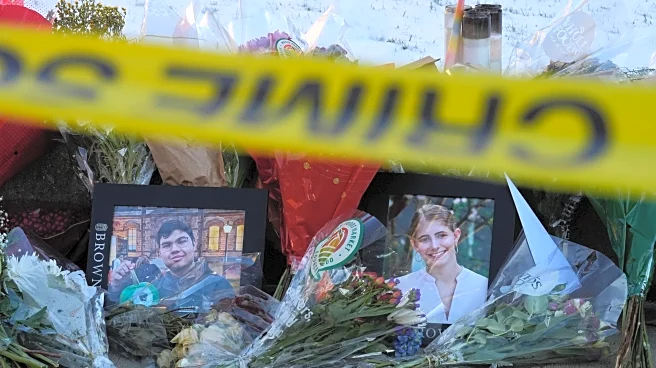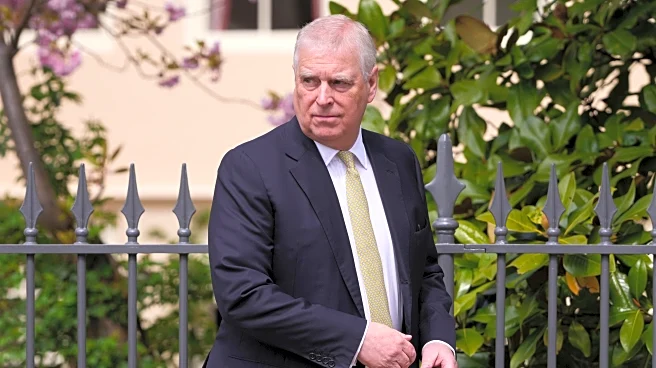Rapid Read • 7 min read
The International Federation of Red Cross and Red Crescent Societies (IFRC) is the world's largest humanitarian organization, providing assistance without discrimination. Established in 1919, the IFRC comprises 186 member societies and operates through a Secretariat in Geneva and over 60 delegations worldwide. The organization aims to empower communities to address human suffering and crises with dignity and equity. The IFRC's relief operations aid disaster victims and enhance the capacities of member societies, focusing on humanitarian values, disaster response, preparedness, and health care.
AD
The IFRC's global network is essential for effective humanitarian response, providing timely aid to disaster-stricken areas. Its ability to mobilize resources and volunteers across multiple countries ensures a coordinated and efficient response to emergencies. The organization's focus on empowering communities and promoting humanitarian values contributes to long-term resilience and stability. The IFRC's work supports vulnerable populations, enhancing their ability to cope with crises and improving their quality of life.
The IFRC is likely to continue expanding its network and strengthening its capabilities to address emerging humanitarian challenges. With ongoing global issues such as climate change and health emergencies, the organization may prioritize initiatives that enhance disaster preparedness and community resilience. Collaboration with international partners and stakeholders will be crucial to maximize the impact of its humanitarian efforts. The IFRC's future strategies may include increased emphasis on sustainable development and capacity building.
The IFRC's commitment to non-discriminatory aid highlights the ethical dimensions of humanitarian work, promoting inclusivity and equity. Its efforts influence global humanitarian policies, advocating for best practices and innovative solutions in disaster response. The organization's approach serves as a model for other humanitarian actors, fostering collaboration and solidarity in the field.
AD
More Stories You Might Enjoy












